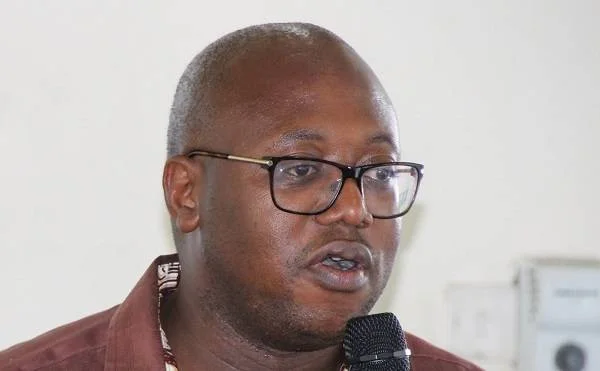The controversy surrounding the acceptance and subsequent relinquishment of two Ford Expedition vehicles gifted to Ghanaian President John Dramani Mahama by a Burkinabe contractor underscores the complex and nuanced ethical considerations inherent in public office. Dr. Kojo Pumpuni Asante, Director of Advocacy and Policy Engagement at the Centre for Democratic Development (CDD-Ghana), argues that the President should have outright rejected the gifts, highlighting the potential for even the appearance of impropriety to undermine public trust. The vehicles, presented by a contractor who has undertaken projects in Ghana, raise concerns about potential conflicts of interest and undue influence on presidential decision-making. The sheer value of the gifts compounds the issue, making it difficult to ascertain whether any subsequent decisions favoring the contractor are genuinely in the nation’s best interest or influenced by the prior generosity.
While President Mahama ultimately transferred the vehicles to the state pool, ostensibly adhering to his newly implemented code of conduct for government appointees, Dr. Asante emphasizes that this action is insufficient to address the underlying ethical dilemma. The mere acceptance of such high-value gifts creates a perception of vulnerability to influence, regardless of whether any actual quid pro quo transpired. The code of conduct, while a step in the right direction, fails to adequately address the root of the problem: the potential for gifts, particularly those of significant monetary value, to compromise the impartiality and integrity of public officials. The act of returning the vehicles, while seemingly rectifying the situation, cannot fully erase the initial impression of potential impropriety.
Dr. Asante’s critique goes beyond the specific instance of the Ford Expeditions, advocating for a systematic overhaul of Ghana’s approach to gift-giving to public officials. He stresses the need for clear and unambiguous guidelines that establish acceptable thresholds for gift values and mandate transparent reporting mechanisms. Drawing upon global best practices, he emphasizes the importance of creating a robust framework that minimizes the potential for conflicts of interest and reinforces public confidence in the integrity of government operations. This framework should not simply dictate the disposal of gifts after they are received but should proactively discourage the offering and acceptance of gifts that could potentially compromise the impartiality of public officials.
The current practice of accepting gifts and then transferring them to the state, while seemingly compliant with the new code of conduct, leaves room for interpretation and potential manipulation. It fails to address the fundamental issue of preventing the creation of a perceived obligation. A more robust and proactive approach would involve establishing clear guidelines on the types and values of gifts that are permissible, as well as mechanisms for transparent reporting and scrutiny. This proactive approach would not only minimize the risk of actual conflicts of interest but also mitigate the perception of impropriety, thereby strengthening public trust in the integrity of government officials.
The debate surrounding the President’s gifts highlights a broader challenge in Ghana – the need for a cultural shift in the understanding of public service and the ethical obligations it entails. The ingrained practice of gift-giving, often seen as a gesture of goodwill or appreciation, needs to be reevaluated within the context of its potential to compromise the integrity of public officials. Establishing clear and enforceable regulations is only part of the solution; fostering a culture of ethical conduct within the government requires ongoing education, transparent processes, and a commitment to upholding the highest standards of public service.
Ultimately, the effectiveness of any ethical code or guideline depends on the willingness of public officials to embrace its principles and the vigilance of civil society organizations and the media in holding them accountable. The case of the gifted vehicles serves as a crucial learning opportunity for Ghana to strengthen its ethical framework and foster a culture of transparency and accountability in public life. By adopting best practices and promoting a deeper understanding of the ethical implications of gift-giving, Ghana can move towards a system of governance that is truly worthy of the public’s trust. This necessitates a multifaceted approach encompassing clear guidelines, robust enforcement mechanisms, and ongoing public discourse on the ethical responsibilities of public officials.














